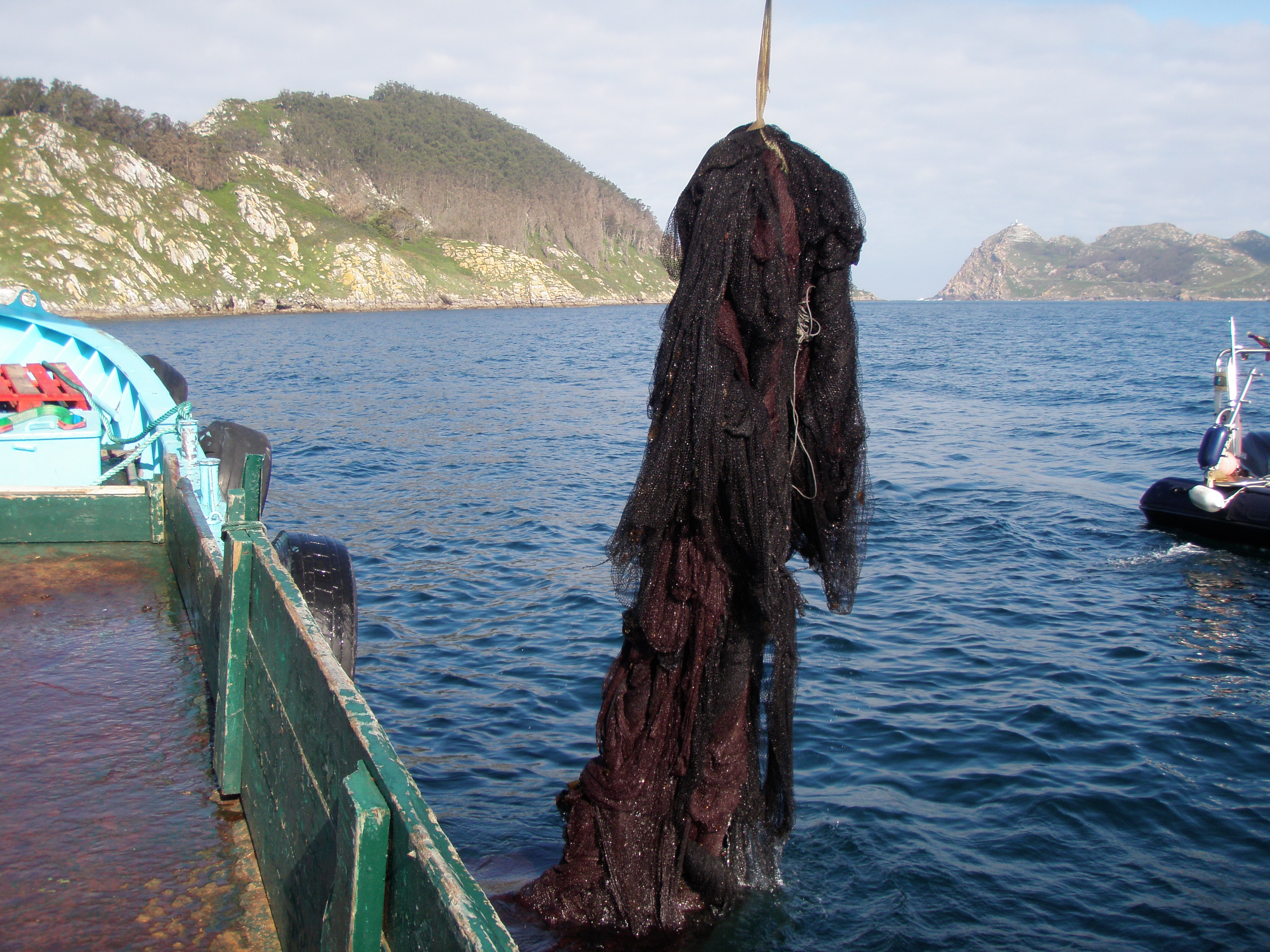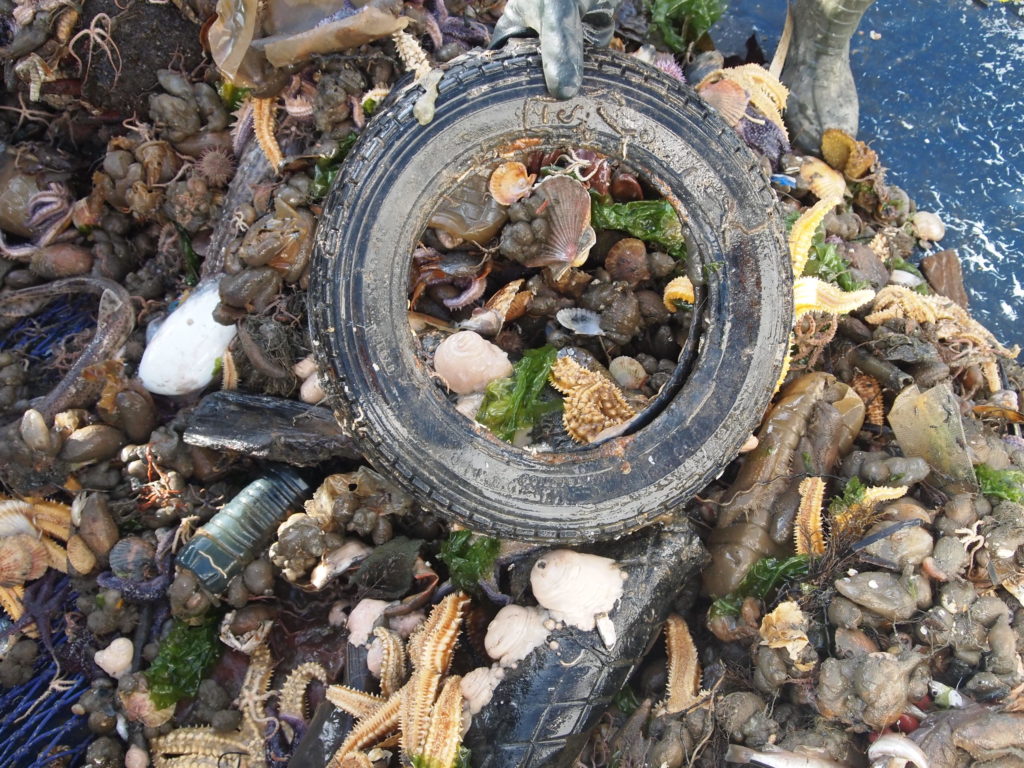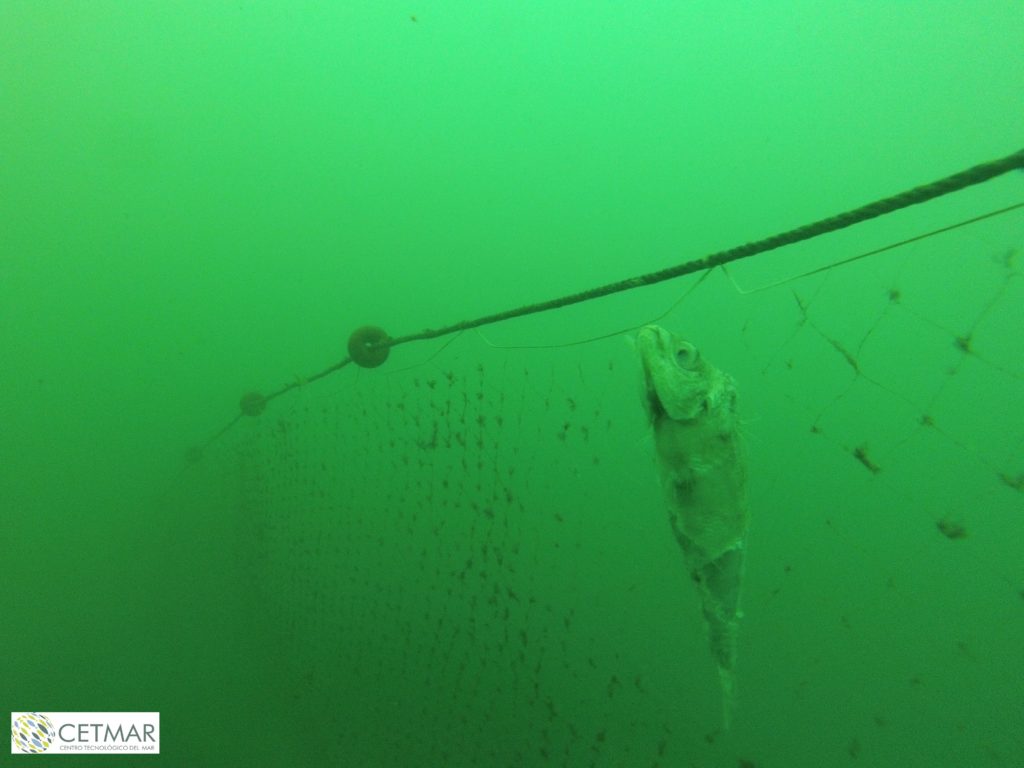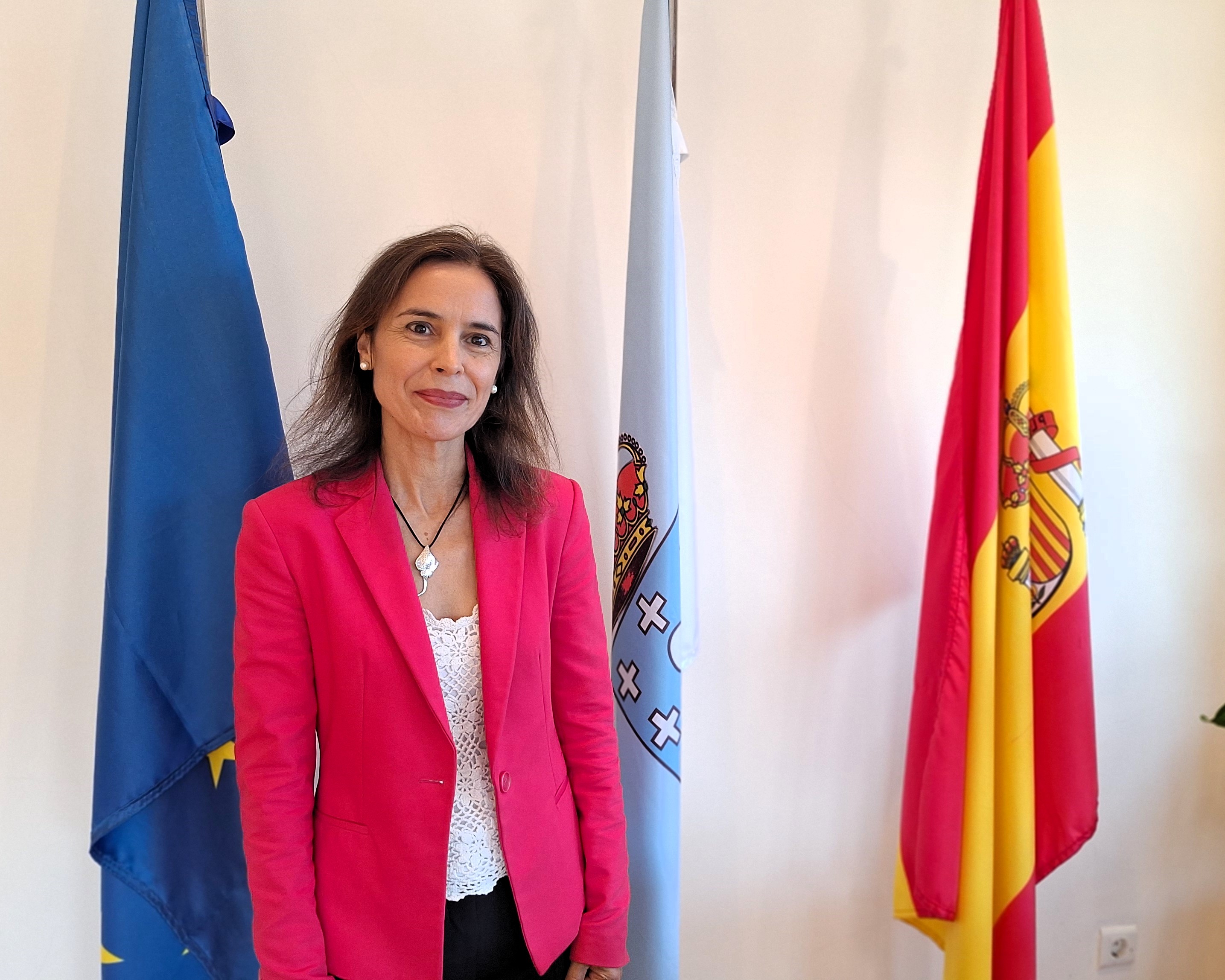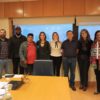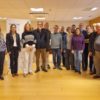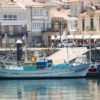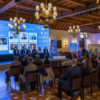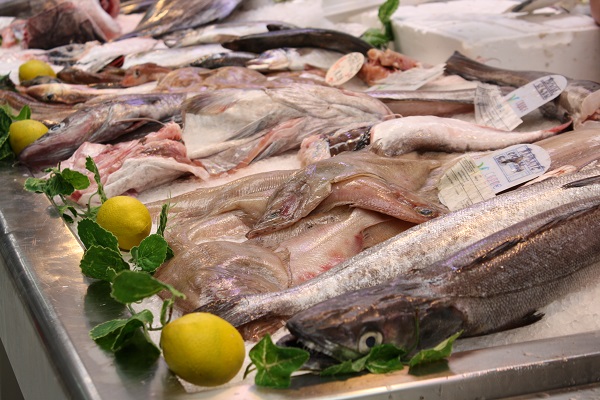
The director of CETMAR is committed to placing fish and blue protein at the centre of European food safety policies
- In the framework of the World Maritime Week at Bilbao, Rosa Chapela advocated for policies that give priority to coastal communities in the strategic planning of the blue economy
- The head of the CETMAR also stressed the importance of fisheries and aquaculture for food security at Eurofishing congress
The managing director of CETMAR, Rosa Chapela Pérez, participated today in the World Maritime Week in Bilbao with two presentations on the importance of blue protein and fish in food security and sovereignty and on the sustainable development of the blue economy.
In her speech at Eurofishing, one of the four parallel congresses dedicated to the fishing industry, the managing director of CETMAR highlighted the importance of fishing and aquaculture in food security and sovereignty.
She recalled that the FAO has been warning since 2014 of the importance of sustainability in fisheries and aquaculture for food security. That requires better fisheries and aquaculture management, strategies for adaptation to climate change and the protection and promotion of artisanal fisheries.
She claimed that «Blue protein is key for human health, economic development and sustainability of our planet», and defended that recognition in European and global food resilience, as well as the strengthening of policies that promote fish consumption and the “real” inclusion of fisheries and aquaculture in the food strategies of administrations.
Additionally, in the session that opened the European Maritime Week, Rosa Chapela defended an effective maritime spatial planning and participatory maritime planning as keys to the sustainable growth of the blue economy, which, “depends on greater integration between sectors, the development of new technologies and a regulation encouraging collaboration.”
The managing director of CETMAR reminded that the consolidation of Member States’ integrated maritime plans is still pending and stressed that it must integrate all blue economy activities and get developed counting on key stakeholders (science, administrations, the maritime-fishing sector, NGOs, and society).
She was in favour of “establishing priorities for the traditional activities on which coastal communities live, like fishing, shellfishing and aquaculture,” leading to “the emerging activities of the blue economy,” in a process of coexistence.
She insisted that the key to accelerate this transition without jeopardizing competitiveness would be “policies combining economic incentives, smart regulations and financial support that put coastal communities at the core.” Thus, they will be “actors and not victims of change” of the sustainable blue transition, showing the Galician Coastal Action Groups (GALP) as an example of involvement.
To meet these objectives, Rosa Chapela stressed the importance of funding measures such as the European Maritime Fund for Fisheries and Aquaculture and pleaded for them to be maintained over time, enabling the updating of the fleet, the implementation of sustainable technologies or the diversification of sources of income. She also highlighted the training programs for the workers in the maritime sector to adapt to the opportunities of blue economy or to the synergies that may arise.
World Maritime Week
The World Maritime Week is held in Bilbao from today until March 21th, being a meeting point for stakeholders in the global maritime industry. This maritime forum brings together industry professionals every two years with the aim of establishing international alliances, sharing information, and tackling new challenges. Four international congresses are scheduled for this purpose, along with an exhibition area and a space for networking.

